Phthalates and BPAs are among several lifestyle hormone, or endocrine, disruptors. Lifestyle choices can greatly impact hormone health and function. Some of the most common disruptors include food and personal care products. Understanding the source of these disruptors can help you avoid them and optimize your health.
Phthalates
Phthalates are a group of chemicals used in a variety of products to make them more flexible and harder to break. They are commonly used in plastics, such as vinyl flooring, shower curtains, and plastic food packaging, as well as in cosmetics, fragrances, and personal care products to help them retain fragrance and color.
Ways to Reduce Phthalate Consumption
- Choose phthalate-free products: Look for products that are labeled as “phthalate-free” or “fragrance-free.” This includes personal care products, cosmetics, and household items.
- Avoid plastics with recycling codes 3 and 7: Phthalates are commonly found in these plastics. Instead, choose products made from glass, stainless steel, or other safe materials.
- Use natural personal care products: Look for products made from natural ingredients and avoid those with synthetic fragrances, as these can contain phthalates.
- Ventilate indoor spaces: Phthalates can be released from indoor sources, so ensure good ventilation in your home and workplace to reduce exposure.
- Wash hands frequently: Especially before eating, as phthalates can be found in dust and can accumulate on hands.
Eat a healthy diet: Eating a balanced diet with plenty of fruits and vegetables can help support your body’s natural detoxification processes. - Avoid PVC products: Polyvinyl chloride (PVC) products often contain phthalates. Look for alternatives to PVC products, especially in items that come into contact with food or beverages.
- Be cautious with cosmetics: Phthalates can be found in fragrances and other ingredients in cosmetics. Look for phthalate-free options or products labeled as “fragrance-free.”
Bisphenol A (BPA)
Bisphenol A (BPA) is a chemical compound used primarily in the production of polycarbonate plastics and epoxy resins. It is commonly found in many consumer products, including plastic bottles, food storage containers, and the linings of canned foods and beverages. BPA can leach out of these products and into food or beverages, especially when they are heated or come into contact with acidic substances.
Limiting Exposure to BPA
- Choose BPA-Free Products: Look for products labeled as “BPA-free,” especially for items that come into contact with food and beverages, such as plastic containers and water bottles. Look out for any plastics that contain ANYTHING with biphenols. Similar to BPA, other biphenols can leach into your foods. Use Glass or Stainless Steel: Instead of using plastic containers or bottles, consider using glass or stainless steel alternatives, which are less likely to contain BPA.
- Avoid Canned Foods: Opt for fresh or frozen foods instead of canned goods, as the linings of cans often contain BPA that can leach into the food. Tetra packs (boxed beans) are also a great way to ensure your “canned” foods don’t contain high BPA levels
- Check Labels: Be mindful of product labels and avoid items that contain BPA or list “polycarbonate” or “epoxy resin” as ingredients.
- Limit Heat Exposure: Avoid microwaving food or beverages in plastic containers, as heat can increase the leaching of BPA. Instead, use microwave-safe glass or ceramic containers.
- Be Cautious with Receipts: Thermal paper receipts may contain BPA, so try to minimize direct contact with them and wash your hands after handling them.
- Use BPA-Free Baby Products: Choose BPA-free bottles, sippy cups, and other baby products to reduce infants’ exposure to BPA.
Protect Your Hormone Health Today
Protecting your hormone health and function is essential for optimal well-being. Choosing BPA-free products for your home will help limit harmful exposure and protect your overall health. Download our free PDF for easy access on ways to boost hormone health and function. Please reach out to our office to learn more.




